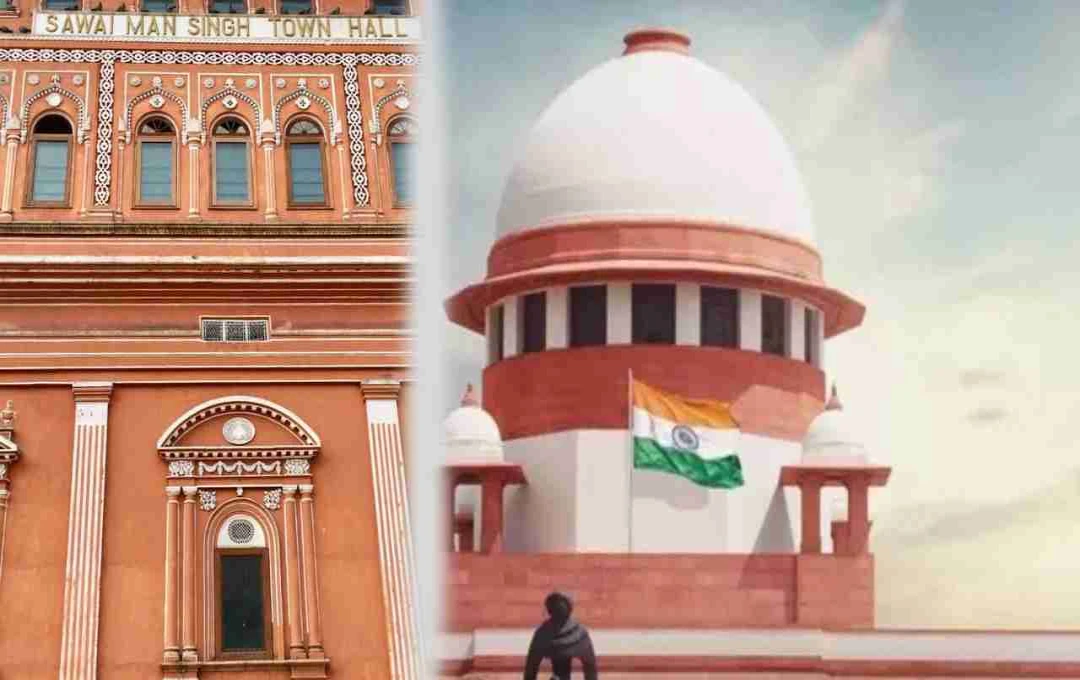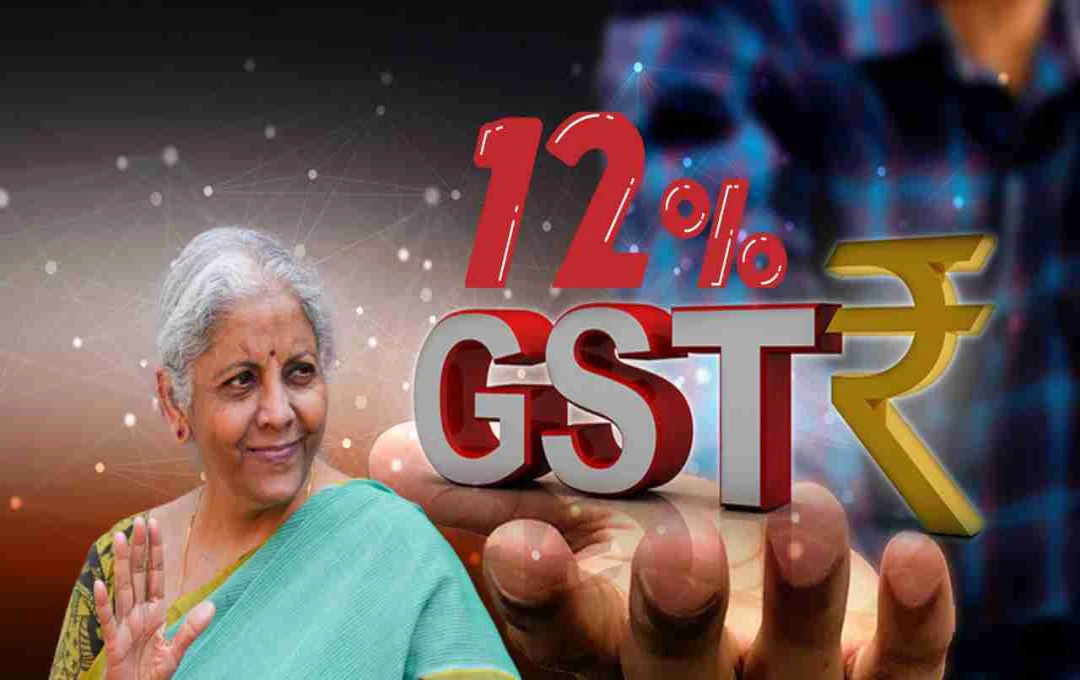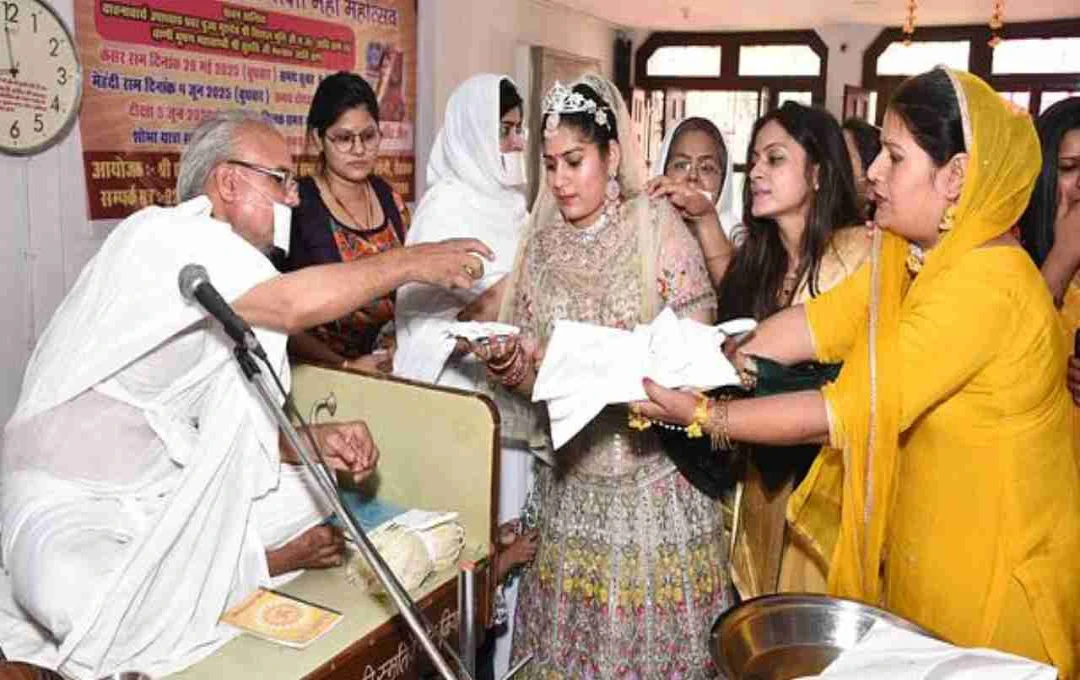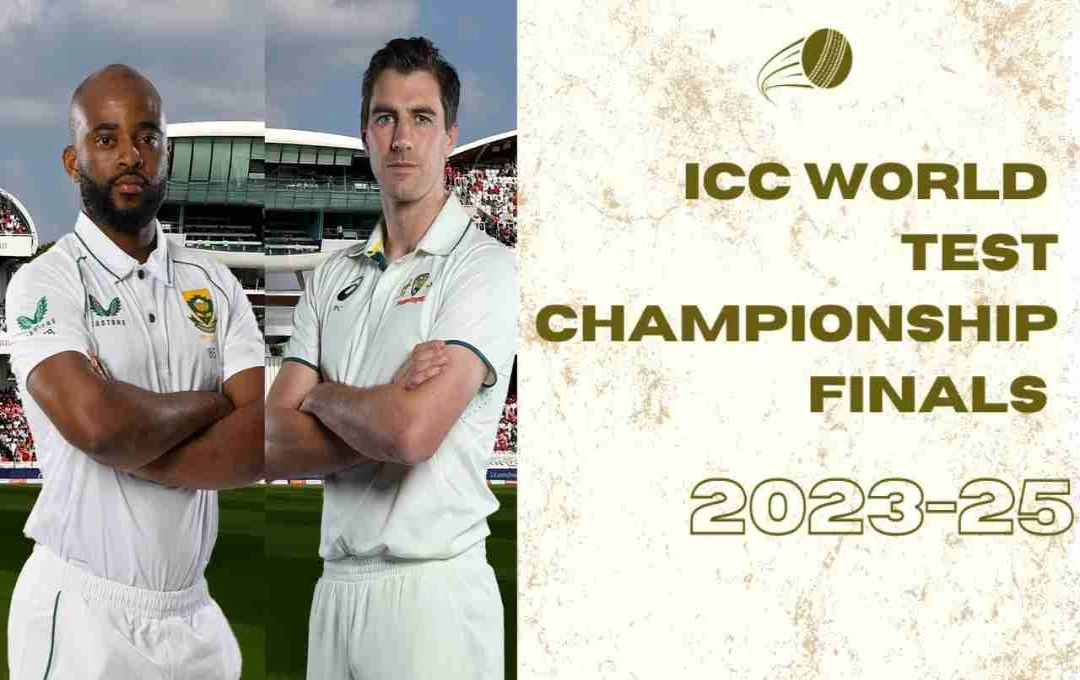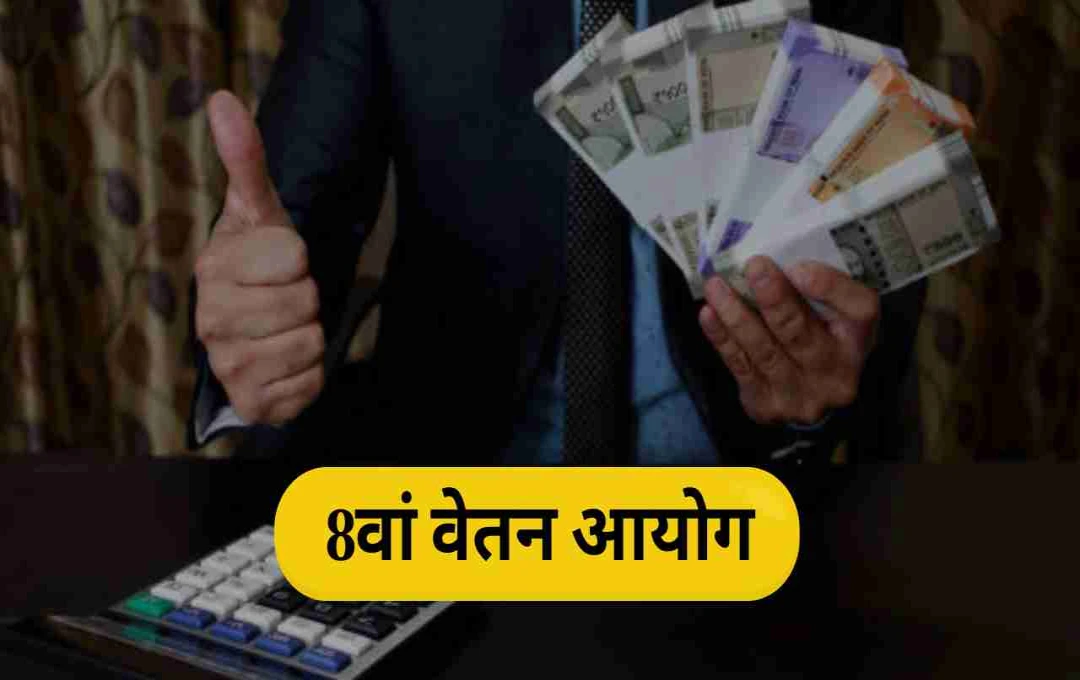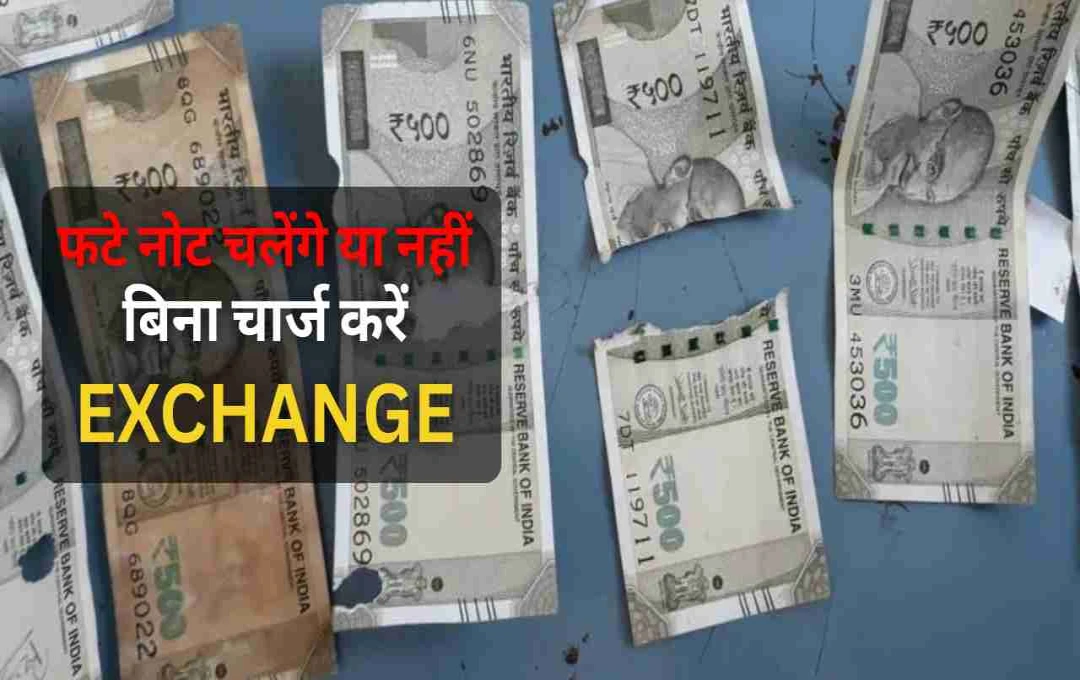The Supreme Court has issued a notice to the Rajasthan government in the Jaipur Town Hall dispute. The court stated that if the claim of the royal family is accepted, the entire Jaipur would belong to them. The case will be heard again after two months.
Supreme Court: A legal battle has reached the Supreme Court between the Jaipur royal family and the Rajasthan government over the ownership of Jaipur's historic Town Hall. The Supreme Court issued a notice to the state government on a petition filed by Rajmata Padmini Devi. The court remarked that if the royal family's claim is accepted, "the entire Jaipur would belong to them." At the heart of this dispute is a 1949 agreement under which the Town Hall and certain other properties were given for government use.
Supreme Court Hearing: Dispute Escalates
A significant hearing took place in the Supreme Court on Monday regarding the ongoing dispute over Jaipur's prestigious Town Hall (former Legislative Assembly). Members of the Jaipur royal family, prominently including Rajmata Padmini Devi, filed a petition against the Rajasthan government. The petition claims that the Town Hall and other properties originally belonged to the Jaipur royal family and were illegally occupied by the government.
Senior advocate Harish Salve, arguing for the royal family, stated that the case is fraught with legal complexities. He cited Articles 362 and 363 of the Constitution, which address the privileges of former princes and rulers. Salve argued that an agreement concerning these properties was made in 1949 between rulers like Jaipur and Bikaner, with the Indian government not being a party at the time.
The Supreme Court sharply remarked, "So, are you saying that the Indian Union had nothing to do with this? If that's the case, then the entire Jaipur will belong to you. If we accept your claim, every erstwhile princely state in Rajasthan will have the right to claim their properties." The court clarified that despite citing Article 363 of the Constitution, the matter is not entirely clear.
High Court Decision Challenged in Supreme Court
The Rajasthan High Court had previously ruled in favor of the government in this case. The High Court declared the Town Hall and four other prominent buildings as government property. The royal family has challenged the High Court's decision in the Supreme Court.
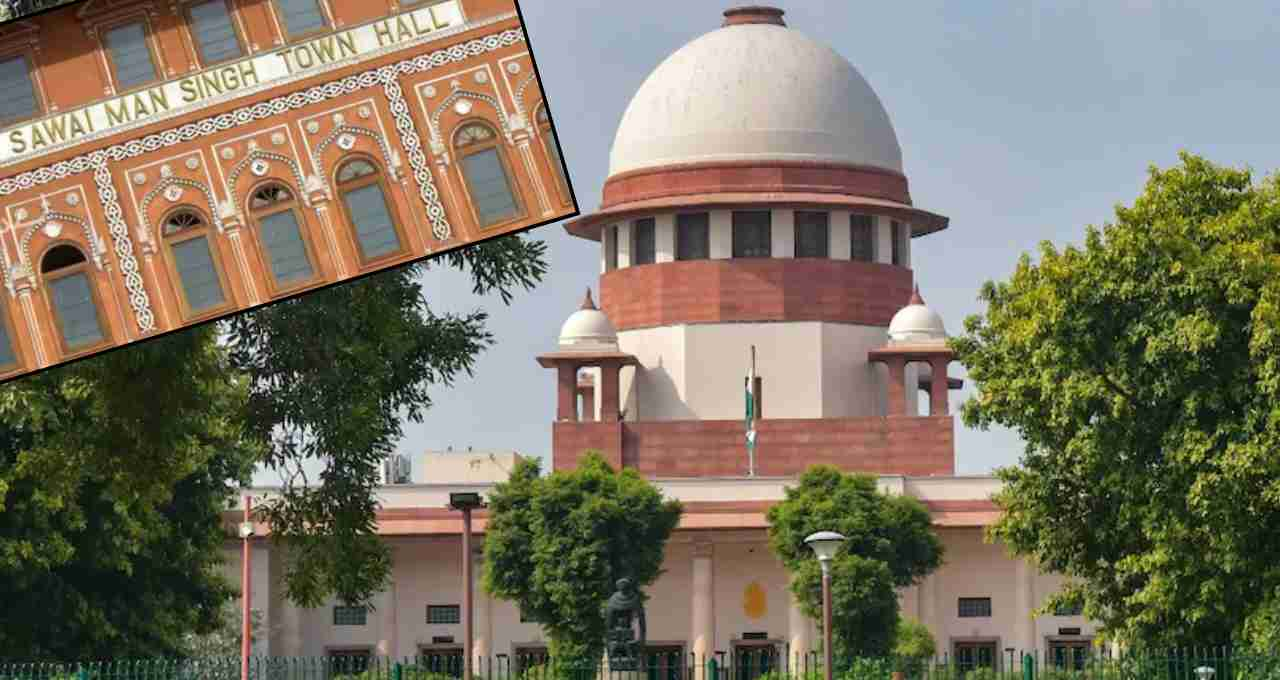
The Supreme Court has issued a notice to the state government and stated that no action should be taken by the government until the case is pending. The Rajasthan government's lawyer requested six weeks to respond. The court stated that the next hearing will be in two months.
What is the Town Hall Dispute?
Jaipur's Town Hall, a historical landmark, was previously under the control of the royal family. In 1949, an agreement was reached between Maharaja Sawai Man Singh II and the Indian government, under which the Town Hall and some properties were given to the government for use.
The problem arose when, in 2022, the Rajasthan government decided to convert the Town Hall into a museum. This decision was bly opposed by the royal family. Rajmata Padmini Devi and other members claimed that the property was temporarily given to the government and that the government now seeks to permanently seize it.
Several notices and complaints were sent from 2014 to 2022, but no solution was reached. Finally, the royal family filed a petition in the civil court seeking to prevent occupation of the property, maintain the status quo, and demand compensation.
The state government, citing Article 363, sought the dismissal of the petition, which was rejected by the trial court. Later, the High Court overturned the trial court's decision, ruling in favor of the state government.
Legal Ramifications: Significance of Articles 362 and 363
The royal family's lawyer, Harish Salve, mentioned Articles 362 and 363 of the Constitution. Article 362 refers to the privileges of former princes, while Article 363 allows disputes related to former princely states to be directly litigated in the Supreme Court. Salve argues that the agreements reached in 1949 between princely states like Jaipur and Bikaner are legally valid and should be honored.
The court stated that if the Indian government is not considered a party to these agreements, then every princely state would come forward with its own claims. This could lead to a flood of property disputes in the country.
